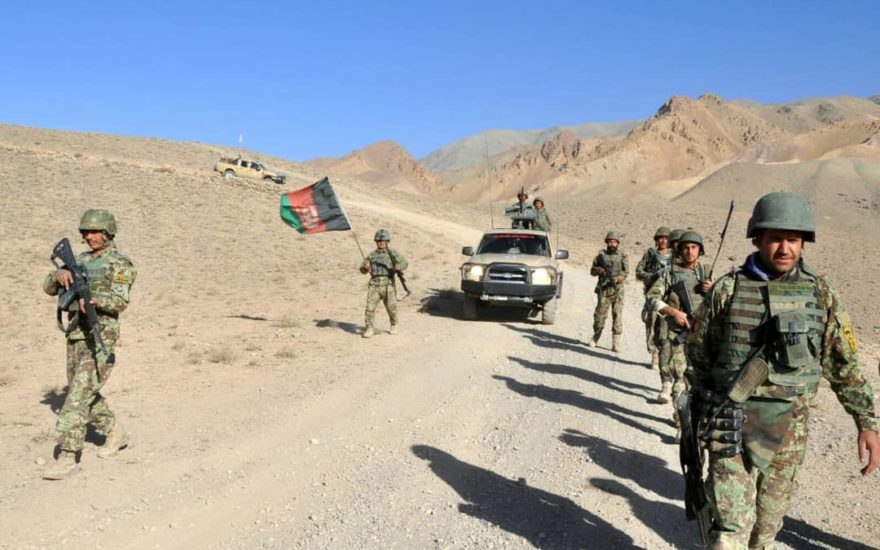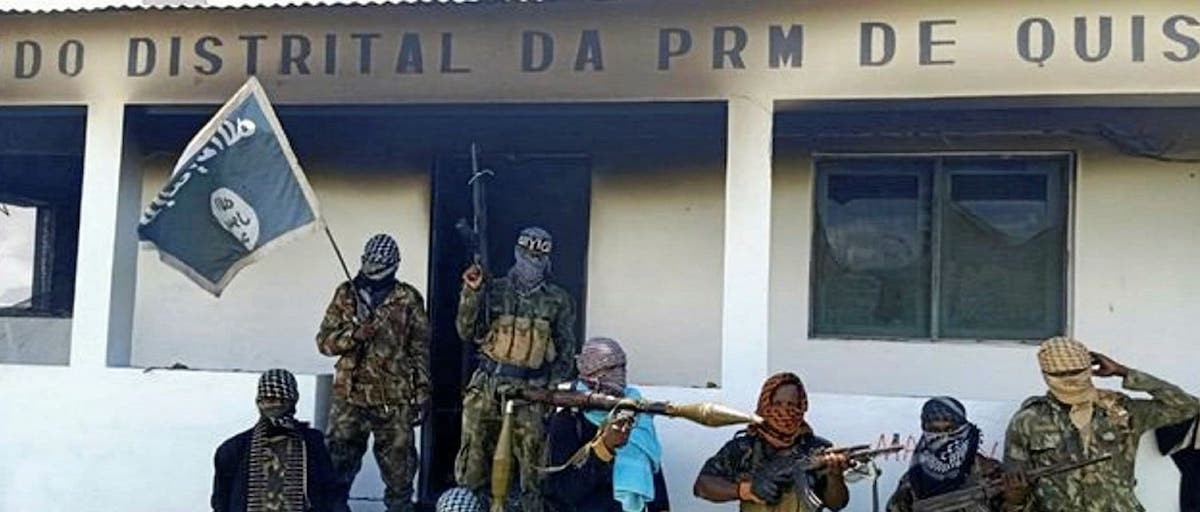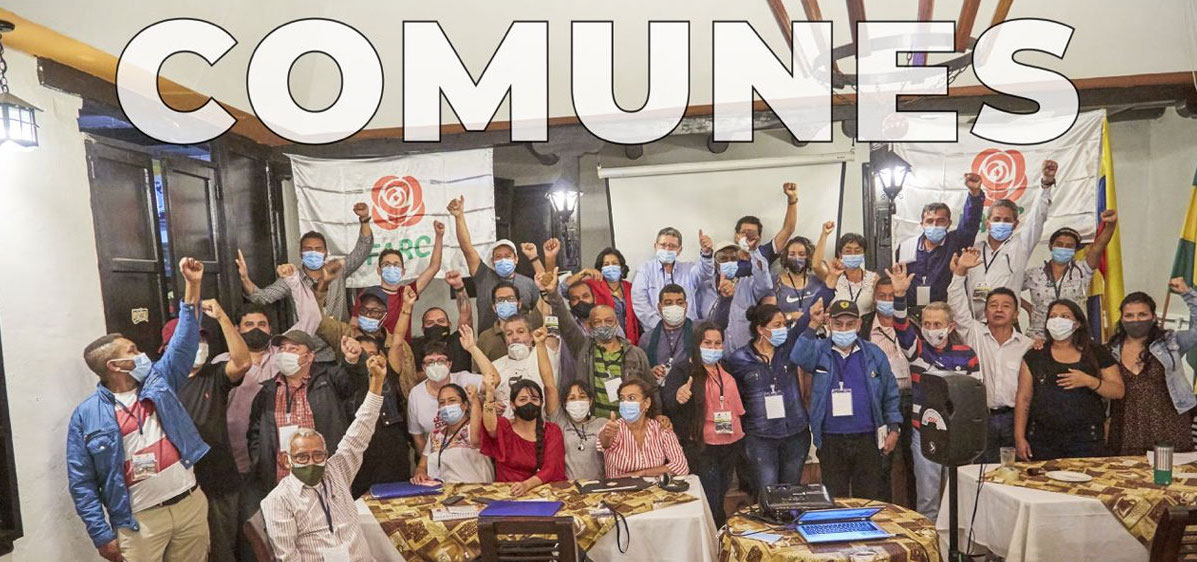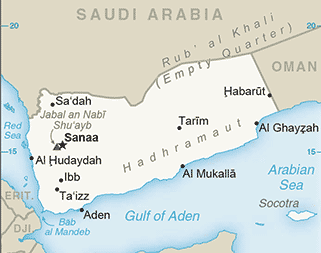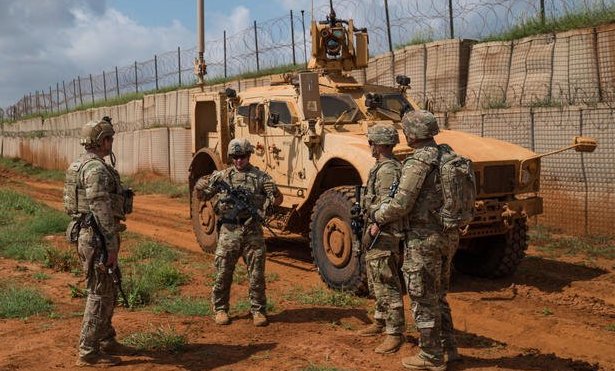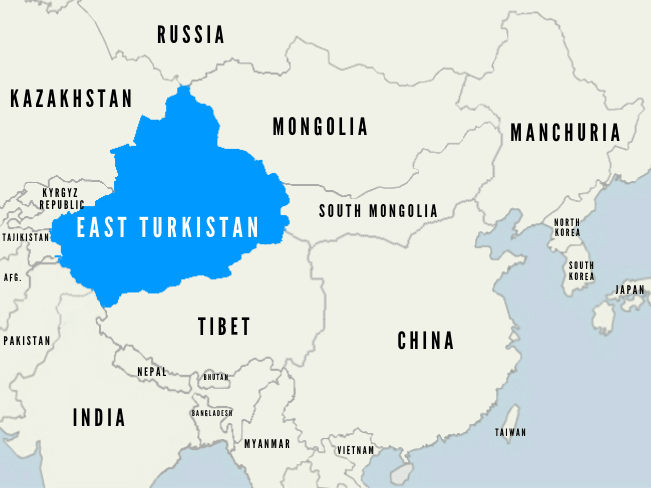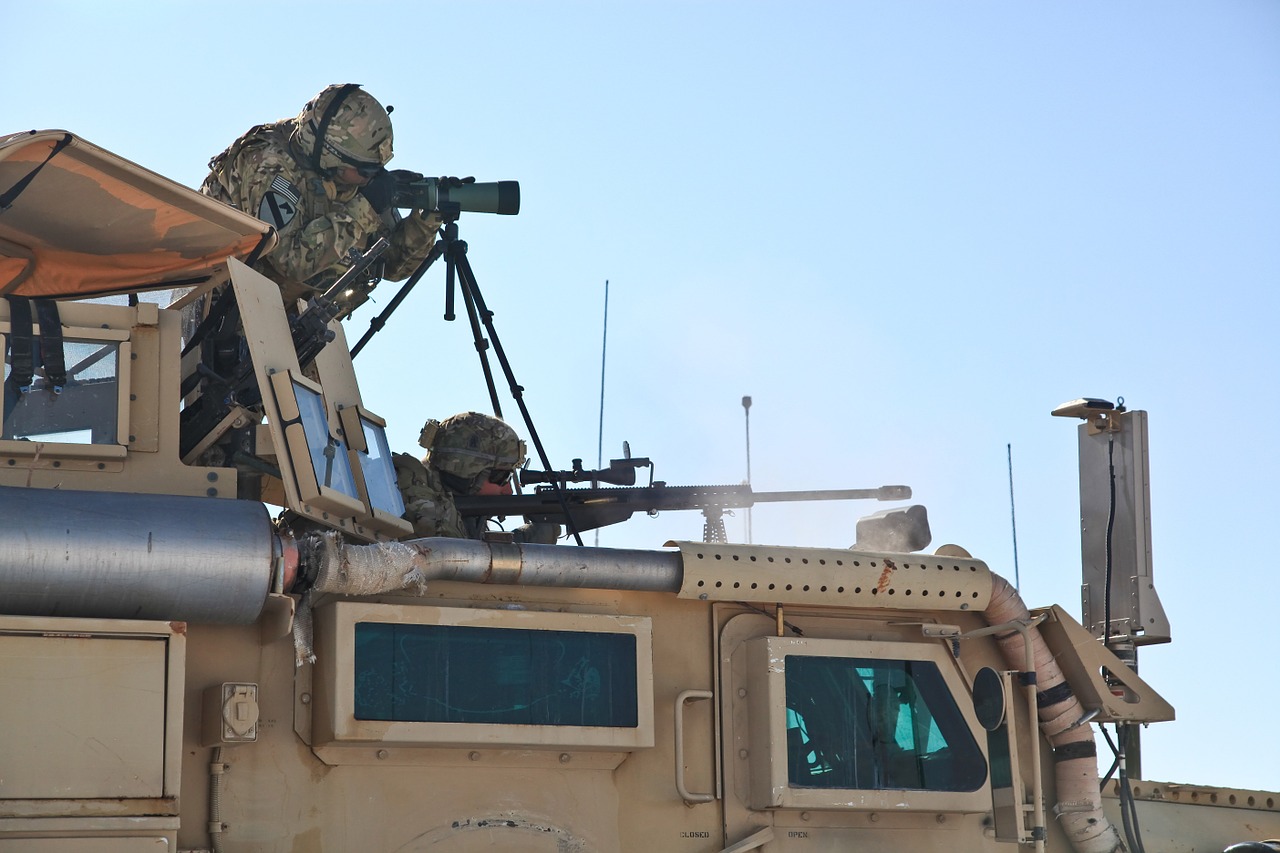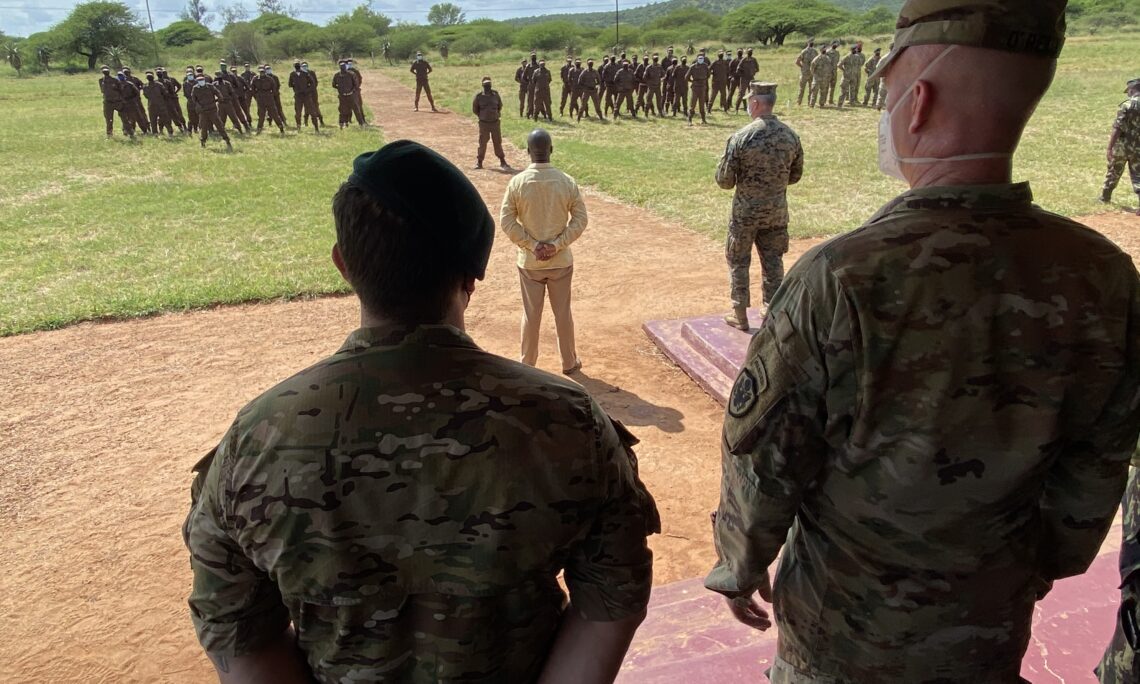
US, Portugal send special forces to Mozambique
A week after the US State Department added the Islamist insurgents in northern Mozambique to its list of “foreign terrorist organizations,” the Pentagon is now preparing to send a team of military advisors into the conflict zone. The US Embassy in Maputo announced that the two-month Joint Combined Exchange Training (JCET) program will see US Special Forces troops instructing Mozambican marines. This follows an announcement by Portugal, the former colonial power in Mozambique, that it is dispatching an elite military unit to help fight the insurgents, known locally as the Shabaab. Lisbon is also petitioning the European Union to send a military mission to the region to back up the Mozambique Armed Defense Forces. (Photo: US Embassy in Mozambique)



